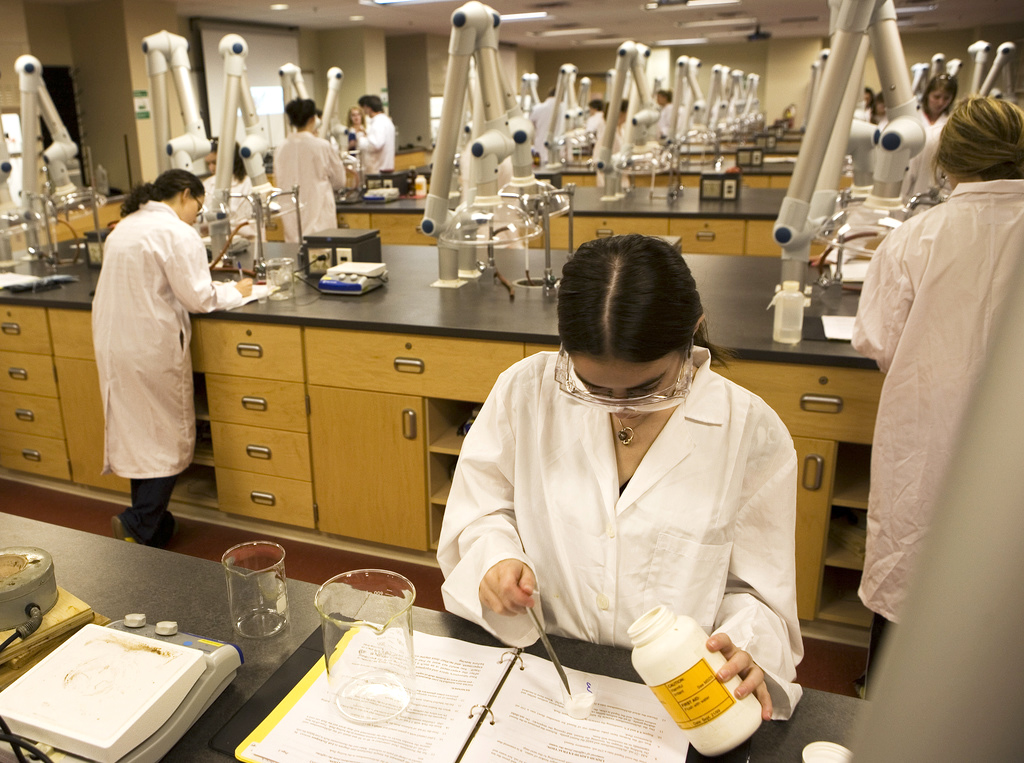Scientists have been wrong before. Albert Einstein was certain the universe could not be expanding. He later called it “the biggest blunder” of his life. Initially, James Watson and Francis Crick figured the new molecule they were studying was some sort of salt. It turned out to be DNA — an acid. Individuals are wrong quite a bit, and in the end, that’s how we learn.
Modern scientific consensus, on the other hand, is rarely wrong. When the scientific community, composed of researchers for whom arguing is the spice of life, decides to stop swimming against the current, that’s a consensus. It only happens with an unbelievable amount of evidence, or with a model with incredible predictive power. But when it happens, it means something.
There’s been a lot of rhetoric during the election season around the subject of “believing in science.” Most prominently, President-Elect Donald Trump’s 2012 tweets about global warming being a Chinese hoax and based on “faulty science and manipulated data” raised eyebrows nationwide. Perhaps in response, Hillary Clinton proudly proclaimed at this year’s Democratic National Convention that she does, in fact, believe in science. She paused to laugh as the audience applauded.
That’s a fallacy. Science is not a belief system. Science is a methodology, a process used to seek answers. It’s a tool. It would be difficult to find someone who would proclaim that he or she believes in “hammers.” One can absolutely believe in the product of said tools. One can believe in preponderance of evidence, or in statistical power. That requires critical thinking, though — not just an abstract belief.
This might seem like a purely semantic distinction, but it’s important. In the hands of politicians, science has a modified purpose. It’s still a tool, but rather than a tool to answer questions; it’s a tool of appeal. When Trump questions the validity of science, he’s making an appeal to his constituency. So is Clinton when she proclaims she “believes in science.” Painting science as a homogeneous entity permits this kind of easy line-drawing and discourages critical thinking about how candidates prioritize issues and, more importantly, why.
Truthfully, I don’t believe Trump cares one way or another if climate change is human-caused. What matters more is that in his hands, endorsing a belief is a tool to appease some faction or another. This is a terrifying prospect for scientists, who aspire to use science to answer questions, free of political gamesmanship. Equally scary is the attitude of “not believing in science,” which shows off an all-too-common willful ignorance.
What people can and should believe in is the product of science — consensus. Of course, it was the consensus for many years (in the absence of real scientific tools) that the earth was flat. Just because we think we know something doesn’t mean we should close ourselves off to new interpretations. But on the whole, don’t believe in science. Believe in its application — separate from the machinations of political theater.
Jack Siglin is a senior physiology and neurobiology major. He can be reached at jsiglindbk@gmail.com.



